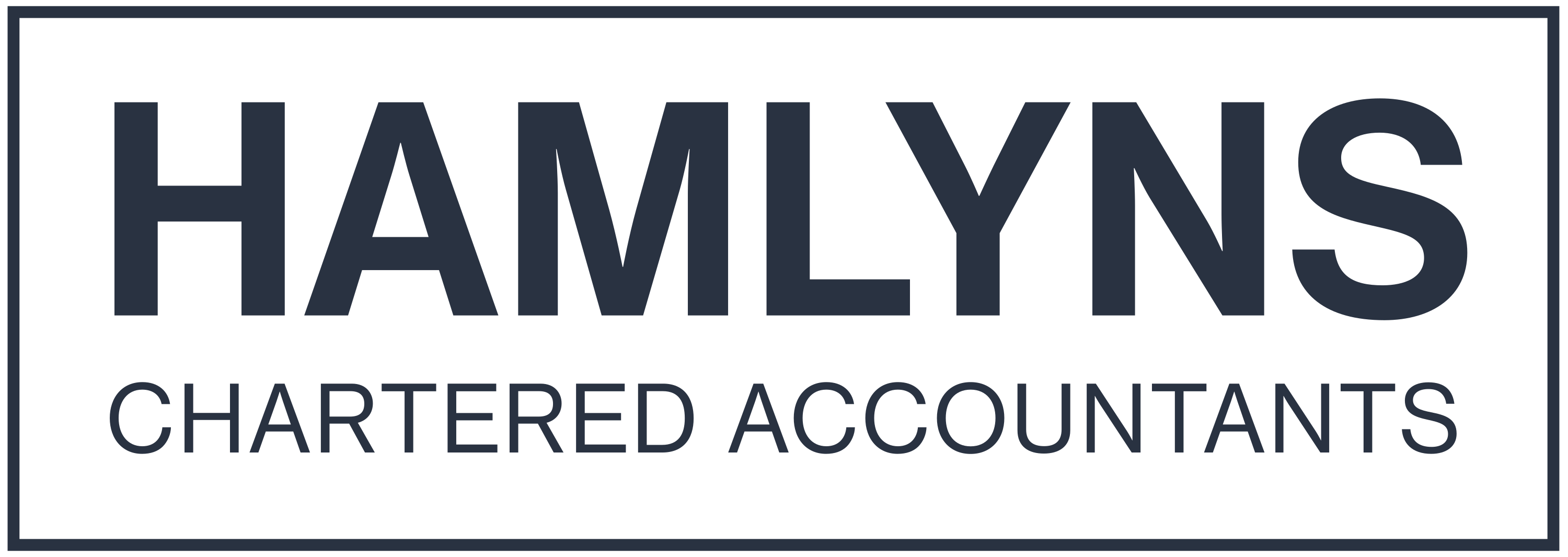Update on Coronavirus Schemes Introduced by Government

The last week has seen a massive surge in queries regarding the Government response to the Coronavirus Crisis. To assist you all, the following is a summary what we know and what is yet to be confirmed.
Coronavirus Job Retention Scheme – How will the scheme work?
Employees that you can no longer afford to keep due to the situation will need to be classified as a “furloughed worker”. This can be backdated to 1st March and will run for 3 months, with the potential for extension. This process has to be driven by the employer.
Guidance from the government states the employee must be kept on the payroll rather than being taken off, but that they can no longer work for you. Further clarification in the case of employees that have hours reduced or whether employees can be flexibly taken on and off the furloughed workers scheme has yet to be given. This current guidance suggests that whilst the company is reimbursed for an employee, no further work can be given.
A HMRC online portal will be set up, which will require further information on employees that have been furloughed – more detail on this will be released shortly
If an employer intends to use the scheme, they will need to discuss with the relevant employees that they will be reclassified. This change remains subject to employment law and depending on the employment contract, may be subject to negotiation.
HMRC will reimburse businesses for 80% of workers wage costs, up to a cap of £2,500 per month per employee. At present this means employers will need to pay employees before being reimbursed.
Employers can choose to fund the remaining 20% of wages but do not have to.
Employees can no longer work for employers whilst HMRC reimburses them.
The first payment from HMRC is expected in April
What is yet to be confirmed?
The information required on the HMRC portal
Whether employee’s tax/NI are included in the £2,500 cap.
The mechanism of repayment going forward
Whether this scheme applies to zero-hour contract workers
The impact on those already in redundancy procedures due to COVID-19
The impact on those who already has lost their job
Whether those individuals who are on leave due to school closures or isolating due to having underlying health conditions are covered by the scheme
Whether individuals with more than one job can use the scheme more than once, or even at all
If the scheme is flexible enough for workers being furloughed through a drop in work rather than complete loss of work (i.e: losing 1 day a week)
Whether an employer can delay making payment to employees until funding is received
Whether employees can be furloughed, unfurloughed and then furloughed again
Support for businesses that pay business rates
The Government has introduced a business rates retail holiday for retail, hospitality and leisure businesses in England for the 2020 to 2021 tax year.
A £25,000 grant will be provided to retail, hospitality and leisure businesses operating from smaller premises, with a rateable value between £15,000 and £51,000.
Any enquiries on eligibility for, or provision of, the reliefs should be directed to the relevant local authority.
What you need to do:
Businesses that received the retail discount in the 2019 to 2020 tax year will be rebilled by their local authority as soon as possible.
Guidance for local authorities on the business rates holiday will be published – see your local authorities website for more details (they are all experiencing a large volume of calls)
To check your business rates valuation visit https://www.gov.uk/correct-your-business-rates/
Support for businesses that pay little or no business rates
The government will provide additional funding for local authorities to support small businesses that already pay little or no business rates because of small business rate relief (SBBR).
This will provide a one-off grant of £10,000 to businesses currently eligible for SBRR or rural rate relief, to help meet their ongoing business costs.
What you need to do:
If your business is eligible for SBRR or rural rate relief, you will be contacted by your local authority – you do not need to apply.
Funding for the scheme will be provided to local authorities by government in early April. Guidance for local authorities on the scheme will be provided shortly on their website – we do not reccomend calling due to the volume of calls they are receiving.
To check your business rates valuation visit: https://www.gov.uk/correct-your-business-rates/
Coronavirus Business Interruption Loan Scheme
Businesses impacted by the Coronavirus pandemic can apply for government backed loans with accredited lenders. See here for a list of accredited lenders. We recommend you contact your existing bank were possible first.
What is available?
Up to £5m, on terms of up to 6 years.
The scheme provides the lender with a government-backed, partial guarantee (80%) against the outstanding facility balance, subject to an overall cap per lender.
There is no guarantee fee for SMEs to access the scheme, lenders will pay a fee to access the scheme.
The Government will make a Business Interruption Payment to cover the first 12 months of interest payments and any lender-levied fees, so smaller businesses will benefit from no upfront costs and lower initial repayments.
At the discretion of the lender, the scheme may be used for unsecured lending for facilities of £250,000 and under.
For facilities above £250,000, the lender must establish a lack or absence of security prior to businesses using CBILS. If the lender can offer finance on normal commercial terms without the need to make use of the scheme, they will do so.
The borrower always remains 100% liable for the debt.
Smaller businesses from all sectors can apply for the full amount of the facility. To be eligible for a facility under CBILS, an SME must:
- Be UK-based in its business activity, with annual turnover of no more than £45m
- Have a borrowing proposal which, were it not for the current pandemic, would be considered viable by the lender, and for which the lender believes the provision of finance will enable the business to trade out of any short-to-medium term difficulty.
Following earlier discussions with the banking industry, some lenders indicated that they would not charge arrangement fees or early repayment charges to SMEs borrowing under the scheme.
Fishery, aquaculture and agriculture businesses may not qualify for the full interest and fee payment.
The following trades and organisations are not eligible to apply:
Banks, Building Societies, Insurers and Reinsurers (but not insurance brokers); the public sector including state funded primary and secondary schools; Employer, professional, religious or political membership organisation or trade unions.
Clarification on VAT Returns
In our last Straight to the Point we mentioned the deferral/delay of VAT Returns – this should have read as the deferral/delay of VAT payments. VAT returns will still need to be submitted on time but payments will be deferred.




